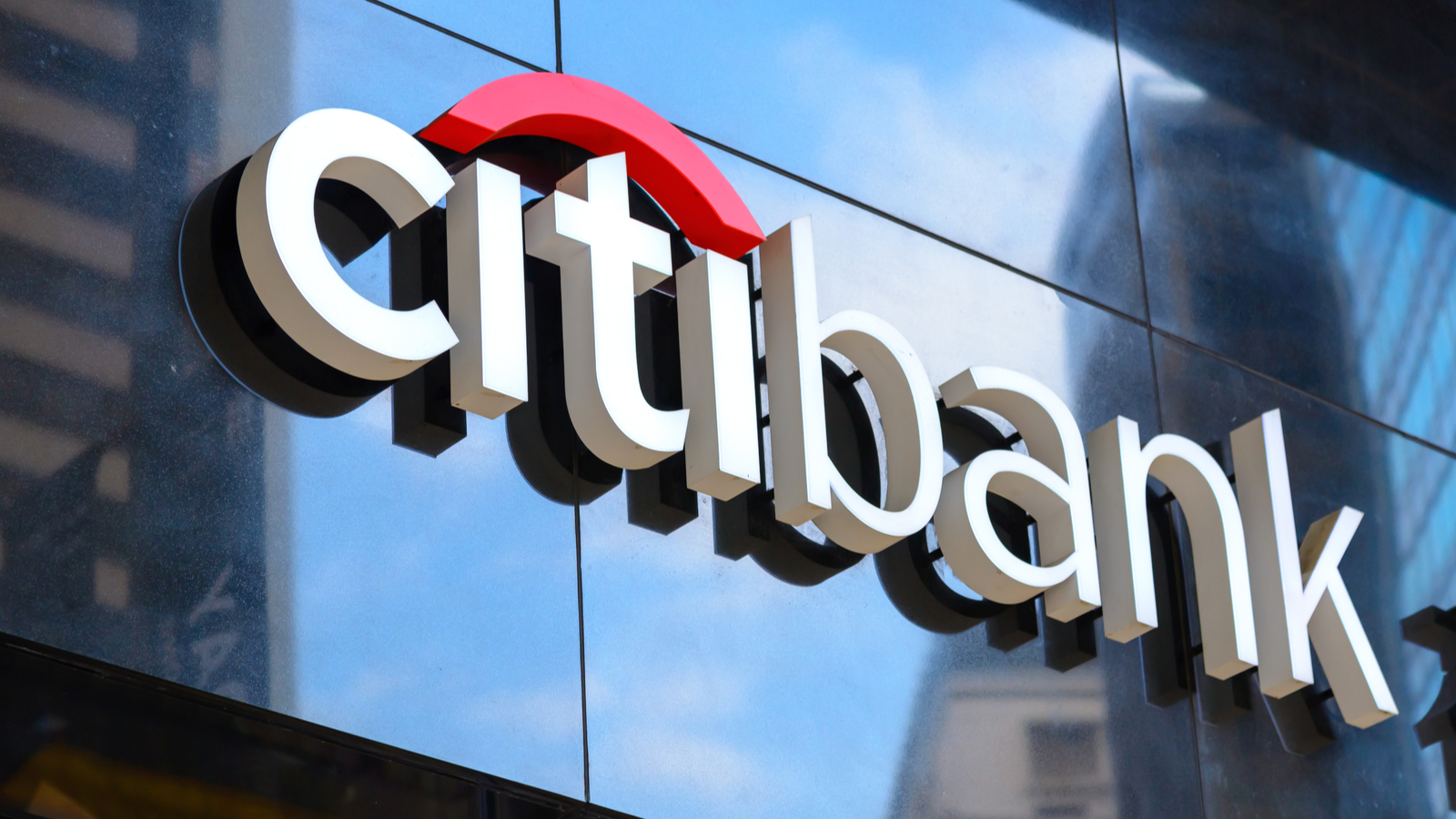Citi (NYSE:C) price target cuts often get outsized attention, especially considering the recent $6.4 trillion global stock market meltdown.
The bank expects global GDP growth to drop to 2.2% in 2024 and then increase to 2.8% in 2025 under its “Slow Then Grow” thesis for 2024; Citi predicts the U.S. will lead the worldwide resurgence even if the economy slows down.
Regarding the stock market, Citigroup projects that corporate profits will rise by 4% in 2024 and by 8% in 2025. The bank also implies that the Federal Reserve is probably done with interest rate increases and will lower rates in 2024 as inflation eases near 2.5% by year-end. Under these circumstances, Citigroup promotes a balanced and diverse portfolio.
Rising by around 15% in the first six months of the year, the S&P 500 — which offers a wide cross-section of U.S. large-cap stocks — showered notable increases. However, prudence is suggested after a tech market sell-off just wiped out over $1 trillion, so you should evaluate the newest Citi price target cuts and rebalance your portfolio if need be.
Even if you want to keep investing in these equities, keeping up with the latest Citi price target cuts doesn’t hurt.
Nio (NIO)

Even with robust new product debuts and vehicle sales, Citi cut its price estimate on Nio (NYSE:NIO), the Chinese electric car manufacturer, from $10.40 to $8.50, citing declining revenue margins leading to potential net losses through 2026. Still, it maintained a “buy” recommendation, as there is potential upside if Nio overcomes these obstacles.
Nio has had a mixed performance, with continuous problems offset by some reasonable standards. In the third consecutive month of surpassing 20,000, Nio delivered 20,498 cars in July 2024, including 8,534 cars and 11,964 electric vehicle SUVs. This year, the company has produced 107,924 cars, up 44%.
Nio’s stock is down 50% year to date, even with strong deliveries, due to rising competition in the EV industry, particularly from Chinese competitors like BYD, and economic problems like poor domestic demand in China and geopolitical issues affecting the EV business.
Aimed to rival Tesla‘s (NASDAQ:TSLA) Model Y, Nio deliberately overcame these obstacles by revealing its new, more reasonably priced Onvo L60 SUV. With deliveries scheduled to commence later this year, the Onvo brand is a component of Nio’s goal to have a bigger hold on the mass market.
Analysts rate Nio as a “Moderate Buy” with an average price target of $6.52 and a probable 67% upside.
Polaris (PII)

Following unsatisfactory first-quarter financial reports, Citi lowered its target price for Polaris (NYSE:PII); sales dropped by 20% yearly, and profits per share significantly dropped. Given the continuous difficulties in the leisure sector, Citi is wary about Polaris’ prospects.
On a positive note, Polaris honored its 70th anniversary by showcasing a fresh collection of limited-edition snowmobiles.
Additionally, Polaris revealed its 2025 off-road vehicle range, including improvements across well-known models like the RANGER, GENERAL and RZR. New colors, cutting-edge technology, and upgraded features such as the RIDE COMMAND+ system — which offers vehicle security and increased connectivity — characterize these improvements. Particularly, the RANGER series now has the new Extreme Duty Ranger XD 1500, which blends the mobility of a UTV with heavy-duty features.
Polaris also expanded its RZR range with the 2025 RZR XP series, which has new colors, graphics, trim-level enhancements, extra amenities and lower prices across all models.
Polaris is a “Moderate Buy” based on 11 ratings, with a 1% potential upside. However, down 34%, the lack of substantial upside potential reflects that many analysts share Citi’s concerns regarding the stock and overall weakness in the leisure industry.
AMC Entertainment Holdings (AMC)

Reflecting AMC‘s (NYSE:AMC) stock split, APE unit conversion, and industry challenges, Citi drastically cut its AMC price forecast from $15.50 to $4.75.
A weak movie lineup and the Hollywood strikes caused AMC to lose money in the second quarter of 2024, with revenue falling to $367 million from $488 million in the year-ago quarter.
Compared to the Nasdaq 100 and S&P 500, both up by double digits this year, AMC is down 21.5% in the last month alone. While experts are concerned about AMC’s massive debt and ongoing losses, Deadpool & Wolverine has helped the company acquire market share.
AMC hopes concert films such as USHER: RENDEzvous in PARIS would increase sales. Beyoncé and Taylor Swift’s concert films appeal; the varied content and growing audience help explain this.
Better food and drink options at AMC recently raised profits on weekends with high-attendance events like the debut of Deadpool and Wolverine boosting receipts. By bettering in-theater cuisine and enticing theaters, AMC hopes to increase per-customer expenditure.
Although AMC is classified as a “Moderate Sell” with a 7% downside and a $4.80 target price, betting against it is dangerous given its legendary status as a meme stock. This means that if you day trade, be careful when examining AMC among Citi price target targets.
On the date of publication, Faizan Farooque did not have (either directly or indirectly) any positions in the securities mentioned in this article. The opinions expressed in this article are those of the writer, subject to the InvestorPlace.com Publishing Guidelines.
On the date of publication, the responsible editor did not have (either directly or indirectly) any positions in the securities mentioned in this article.
